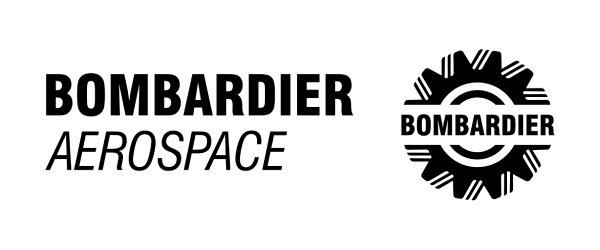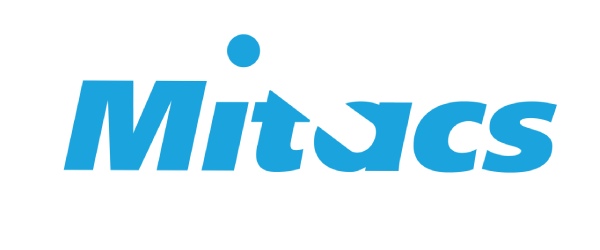Research Streams
1. Percepetion, Motion Planning, and Control of Connected Autonomous Vehicles (CAVs)
Despite recent technological advances, the real-world deployment of CAVs faces several challenges. Safety is of utmost concern, and the development of systems that can be safe in a mathematically proven way requires further research in control theory. However, no control algorithm can operate effectively without an appropriate knowledge of the physical environment. As such, perception algorithms and artificial intelligence need to identify safe and unsafe zones, find vehicle trajectories, and also predict the upcoming actions of nearby vehicles and pedestrians to prevent collisions. Furthermore, as CAVs can share information with each other; they potentially leverage this to optimize certain outcomes, for example, enhance robustness, increase energy efficiency, etc. At Autonomous Vehicles Laboratory (AVL), we are exploring real-time perception and control algorithms that will enable collision-free motion control of CAVs. We are focused on both ground and aerial vehicles.
2. Advanced Aircraft Interior
The majority of research in this stream is in collaborations with Dr. Jeff Xi and Bombardier (external link) . Despite rapid advances in smart environments, aircraft interiors and flight experience have been nearly unchanged for many years. With technologies like mechatronics, control systems, and artificial intelligence, there are vast opportunities to develop smart sense-respond systems to improve flight comfort. Our research has a biomedical engineering theme but in aerospace settings, where we use sensors to assess passengers’ comfort during the flight and design adaptive systems that can help improving passengers' flight experience. Our research spans biomedical modeling, real-time system development, and user studies in a real Bombardier CSeries cabin located in our lab in the Toronto Metropolitan University Downsview facility.
Sponsors

 Bombardier Aerospace
Bombardier Aerospace

 Canada Foundation For Innovation
Canada Foundation For Innovation

 Drone Delivery Canada
Drone Delivery Canada

 Ford Motor Company
Ford Motor Company

 Mitacs
Mitacs

 Natural Sciences and Engineering Research Council of Canada
Natural Sciences and Engineering Research Council of Canada

 Ontario Centre of Innovation
Ontario Centre of Innovation

 SOTI Inc.
SOTI Inc.

 Toronto Metropolitan University
Toronto Metropolitan University

 Veyond Metaverse
Veyond Metaverse